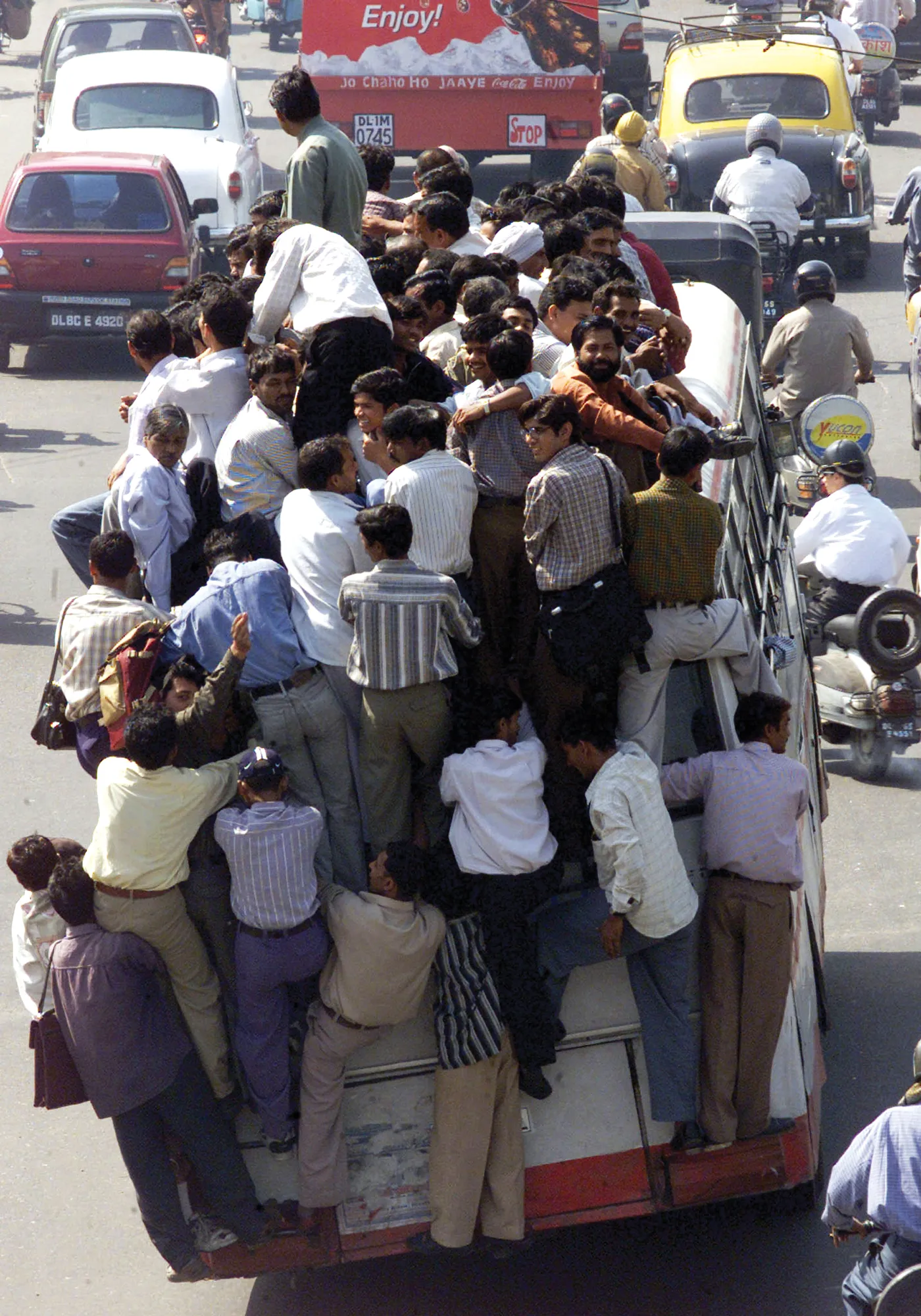Kazakhstan has amongst the worst road safety of any country in the world. Around 3,000 people die in road crashes in the country every year, while a further 30,000 people are seriously injured. This worrying statistic reveals that Kazakhstan’s roads are so dangerous that around 24 people/1,000,000 of population are killed every year in road crashes. This figure shows that Kazakhstan’s roads are around 11 times more dangerous than those of Norway, one of the safest countries in the world for road travel.
February 1, 2018
Read time: 2 mins
Kazakhstan has amongst the worst road safety of any country in the world. Around 3,000 people die in road crashes in the country every year, while a further 30,000 people are seriously injured. This worrying statistic reveals that Kazakhstan’s roads are so dangerous that around 24 people/1,000,000 of population are killed every year in road crashes. This figure shows that Kazakhstan’s roads are around 11 times more dangerous than those of Norway, one of the safest countries in the world for road travel. According to a report by the 3263 World Health Organisation (WHO) Kazakhstan’s roads are the most dangerous in Central Asia.
According to the WHO report, the annual economic loss of road deaths in Central Asian countries is estimated at around 3-4% of GDP.
In two-thirds of cases, the victim is a young male aged from 18-44, who is also the main breadwinner of the family. After the loss, there is a chance that the kids will need to drop out of school or university and start working to support their families. In most cases, they will have to give up their dreams of a better life. The government, in turn, will have to increase subsidies to support yet another family – around US$1,645/year for each family without a breadwinner in Kazakhstan.
However international experience shows that improvements in road safety can be made. According to the World Bank this can be achieved by investing in understanding the problem, getting the data and taking actions based on it, coordinating with multiple agencies and sectors within government, and building effective legislation.
The WB says it is supporting countries in several ways and in Kazakhstan, as part of the East West Roads Project, the design of road sections connecting Balkhash to Burylbaital were analysed based on the I-RAP method. Following this, critical areas for improvements were identified to make them safer. Experience shows that even simple low-cost engineering measures can save thousands of lives.
The WB says that its web-based and open-source platform DRIVER (the Data for Road Incident Visualisation Evaluation and Reporting system) is already available in multiple languages and has been tested in several countries in Asia and Latin America.
According to the WHO report, the annual economic loss of road deaths in Central Asian countries is estimated at around 3-4% of GDP.
In two-thirds of cases, the victim is a young male aged from 18-44, who is also the main breadwinner of the family. After the loss, there is a chance that the kids will need to drop out of school or university and start working to support their families. In most cases, they will have to give up their dreams of a better life. The government, in turn, will have to increase subsidies to support yet another family – around US$1,645/year for each family without a breadwinner in Kazakhstan.
However international experience shows that improvements in road safety can be made. According to the World Bank this can be achieved by investing in understanding the problem, getting the data and taking actions based on it, coordinating with multiple agencies and sectors within government, and building effective legislation.
The WB says it is supporting countries in several ways and in Kazakhstan, as part of the East West Roads Project, the design of road sections connecting Balkhash to Burylbaital were analysed based on the I-RAP method. Following this, critical areas for improvements were identified to make them safer. Experience shows that even simple low-cost engineering measures can save thousands of lives.
The WB says that its web-based and open-source platform DRIVER (the Data for Road Incident Visualisation Evaluation and Reporting system) is already available in multiple languages and has been tested in several countries in Asia and Latin America.






